If you are like most people, you have the best of intentions with regard to how you want your estate distributed when you die or how your affairs handled should you become incapacitated. Unfortunately, without proper planning, your best intentions may not be enough. Here are six of the most common estate planning mistakes people make:
- Failing to plan. The biggest mistake is failing to create a plan in the first place. Without an estate plan, your assets will be distributed according to the law in the state where you live. Usually, if you are married, your spouse is entitled to a portion of your estate and the rest is divided among other relatives. If you are single, your estate may go to your children, parents, or siblings. If you have absolutely no living relatives, then your estate will go to the state. This is probably not what you want to happen to your assets. In addition, without an estate plan, you have no way to name who will be the guardian of your children or who will act for you if you become incapacitated.
- Doing it yourself. As we have discussed in a previous article (“Don’t DIY Your Family’s Future”), it is tempting to try to save money by using a do-it-yourself online will service or just writing something up yourself, but these poorly drafted documents may only cost you or your heirs additional money in the end. It is impossible to know, without a legal education and years of experience, what the right legal solution is to any particular situation and what planning opportunities are available. If there is anything about a family situation that is not commonplace, using a DIY estate planning program means taking a large risk that can affect one’s family for generations to come. Only an experienced attorney can determine whether a particular situation qualifies as commonplace. The problems created by not obtaining competent legal advice probably won’t be borne by the person creating the will, but they may well be shouldered by the person’s children, grandchildren, and/or other beneficiaries.
- Not planning for disability. A properly drafted estate plan not only specifies what will happen to your assets when you die; it also plans for what happens if you become incapacitated. It is important to have documents, such as a power of attorney and medical directives, that appoint someone you trust to act on your behalf if you are unable act for yourself.
- Failing to fund a trust. Once you draft an estate plan, you aren't done. If your estate plan includes a trust, you need to actually fund the trust or the trust will be useless (see
“The Importance of Funding Your Trust”).
- Not checking your beneficiary designations. You should periodically review your retirement plan and life insurance policy beneficiary designations to make sure they are not outdated and that they comport with your current estate planning objectives (see
“Beneficiary Designations: The Overlooked Piece of the Puzzle”). Retirement accounts and life insurance policies do not follow your will or trust—they are distributed according to the forms you fill out with the your employer, the retirement account holder, or the insurance company, as the case may be. You need to make sure you have named a beneficiary and the each beneficiary designation is consistent with your overall estate plan.
- Not reviewing the plan. Once you’ve got an estate plan in place, it is important to keep it up to date. Circumstances change over time and your estate plan needs to keep up with these changes. Major changes that may affect your plan include getting married or divorced, having children, or experiencing an increase or decrease in assets. Even if you don’t have any major changes, you should review your plan periodically to make sure it still expresses your wishes.
To ensure that you are not making these and other common estate planning mistakes, contact us for a free consultation.


